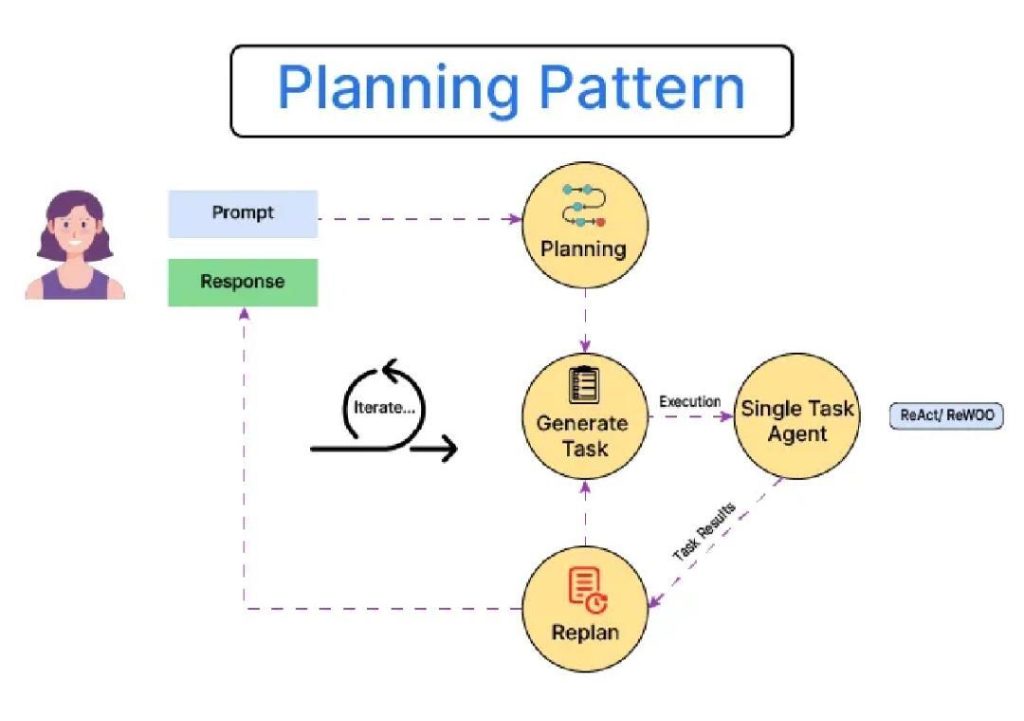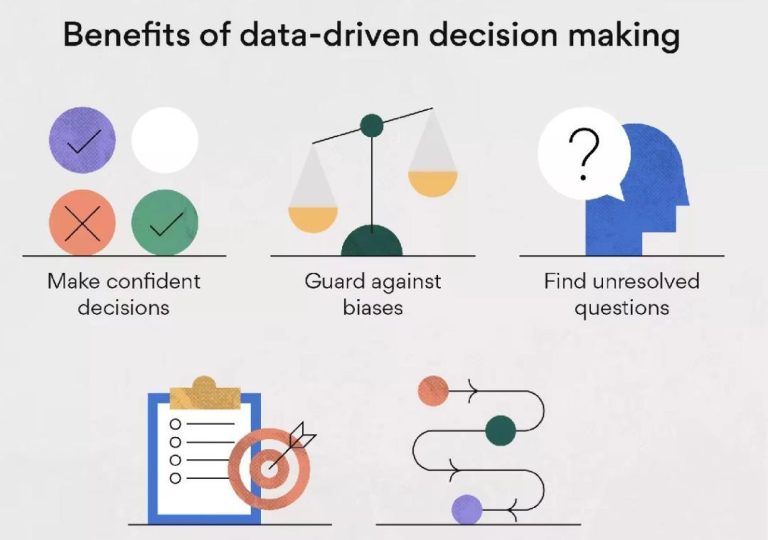
How Do Planning Agents Streamline AI Tasks?
In today’s fast-paced digital landscape, businesses are constantly seeking ways to optimize their workflows and improve efficiency. One way to achieve this is by leveraging planning agents in AI. Planning agents are software programs that break down complex tasks into smaller, manageable steps and sequence them in a logical order. This blog post will explore how planning agents streamline AI tasks and provide insights into their applications.
What are Planning Agents?
Planning agents are artificial intelligence (AI) systems that use search algorithms, state tracking, and conditional logic to decide the best course of action. They are designed to continuously adapt to changing circumstances and context, making them ideal for workflows that involve uncertainty or unpredictability.
How Do Planning Agents Streamline AI Tasks?
Planning agents streamline AI tasks by breaking down complex processes into smaller, more manageable steps. This is achieved through several key mechanisms:
- Task Decomposition: Planning agents divide complex tasks into smaller, more manageable subtasks. This allows for a more focused approach and reduces the risk of errors.
- Logical Sequencing: Planning agents sequence the subtasks in a logical order, ensuring that each step is dependent on the previous one. This ensures that the overall process is efficient and effective.
- Adaptive Planning: Planning agents continuously monitor the process and adapt to changing circumstances. If a task changes or an unexpected event occurs, the agent reevaluates and creates a new plan to ensure the process remains on track.
- Condition-Based Logic: Planning agents use conditional logic to make decisions based on specific conditions or outcomes. This allows for more nuanced decision-making and increased flexibility.
Applications of Planning Agents in AI
Planning agents are particularly effective in workflows that involve:
- Campaign Launches: Planning agents can be used to streamline the process of launching a marketing campaign. They can break down the process into smaller steps, such as creating content, setting up ad targeting, and tracking results.
- Logistics Planning: Planning agents can be used to optimize logistics workflows, such as scheduling deliveries, managing inventory, and coordinating with suppliers.
- Supply Chain Management: Planning agents can be used to manage supply chain operations, such as predicting demand, optimizing production, and managing inventory.
- Financial Planning: Planning agents can be used to optimize financial planning processes, such as budgeting, forecasting, and investment analysis.
Benefits of Using Planning Agents in AI
The benefits of using planning agents in AI are numerous, including:
- Increased Efficiency: Planning agents can significantly reduce the time and effort required to complete complex tasks.
- Improved Accuracy: Planning agents use algorithms and data analysis to make decisions, reducing the risk of human error.
- Flexibility: Planning agents can adapt to changing circumstances and context, making them ideal for workflows that involve uncertainty or unpredictability.
- Scalability: Planning agents can be used to manage large-scale workflows and processes, making them ideal for businesses that require complex operations.
Conclusion
In conclusion, planning agents are a powerful tool for streamlining AI tasks. By breaking down complex processes into smaller, more manageable steps, and using search algorithms, state tracking, and conditional logic to decide, planning agents can improve efficiency, accuracy, and flexibility. Whether you’re launching a marketing campaign, managing logistics, or optimizing financial planning, planning agents can help you achieve your goals.






